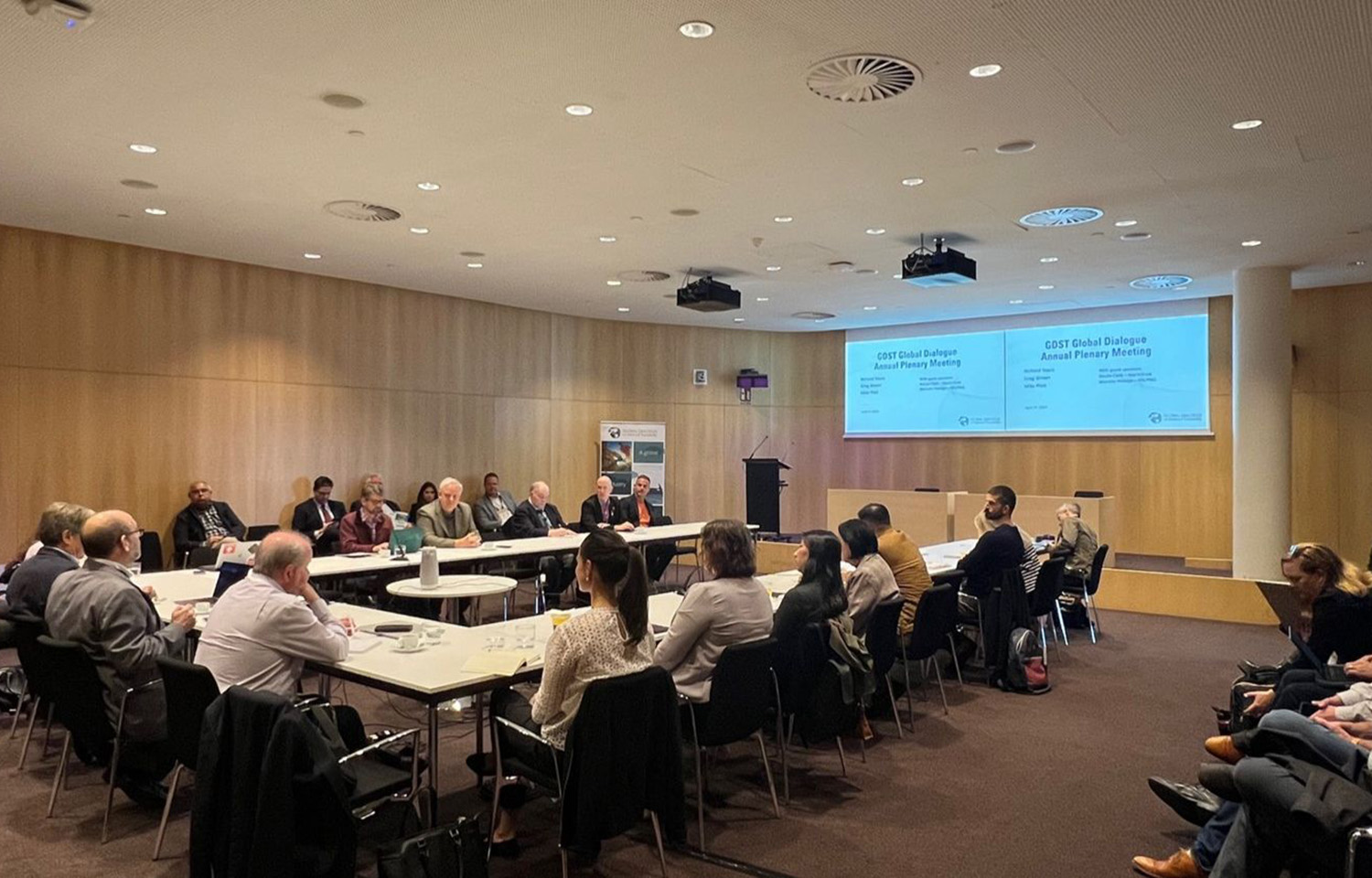The Global Dialogue on Seafood Traceability (GDST) was founded in 2017 to make global seafood traceability more reliable and more affordable for companies throughout the supply chain by creating universal standards for seafood traceability.
Gregory Brown is the executive director of the GDST and has held the role since February 2022.
Seafood businesses know that traceability matters. We’ve seen this more than ever in 2024, with significant strides made in seafood traceability, achieving comprehensive, interoperable digital systems. The GDST's collaborative efforts with diverse stakeholders have emphasized the importance of standardization, uniting industry, NGOs, and governments.
Seafood Expo Global, the biggest seafood trade show in the world, hosted in Barcelona each April, marked the end of our 2023-2024 global Dialogues - the GDST’s vehicle for ensuring our data standards are written with industry, for industry. To conclude our latest cycle of international dialogues, the first of the new partnership-driven GDST Foundation, our Annual Plenary Meeting took place at this landmark seafood event.
This annual coming together, building on the three regional working sessions that precede it, is a remarkable reminder of the participatory, democratic nature of how the standard is built and developed with industry at its heart. With an awareness of the CSR agenda and a global trend towards increasing regulatory requirements around traceability, industry is driving the minimum data requirements and data formats that comprise the standard, and identifying the steps businesses throughout the supply chain need to take to become regulation-ready.
Two proposals were submitted this year concerning the newly designed concept of Expansion Frameworks – discrete data sets that can be shared across the supply chain, focusing on specific areas separate from the core standard. This saw progression to the Technical Council of two Expansion Frameworks, including one from MarinTrust on marine ingredients and one by the Fishing Industry Association of Papua New Guinea on social accountability.
What does this mean for traceability? It means that information some seafood industry stakeholders already need has now been standardized into specific key data elements (KDEs) – which defines what data should be collected along the supply chain and critical tracking events (CTEs) – which defines when that data should be collected. This standardization makes the information available to more people, not just those who originally wanted it. It also improves transparency, data analysis, and a pathway to the holy grail of supply chain information – data veracity.
In 2024, more governments are recognizing the importance of integrating their data collection mechanisms with industry standards to create seamless, interoperable systems. Such integration would not only enhance traceability but also facilitate smoother trade relations and compliance with international markets as well as open up new data sources to aid with fisheries management and compliance.
The GDST's push for interoperable systems and use of common KDEs and CTEs aims to address these challenges by promoting the adoption of a common standard and encouraging dialogue between governments. By facilitating the integration of government data with industry platforms, countries can not only improve their traceability systems but also enhance their competitiveness in the global seafood market. The goal is to create a world where seafood traceability is seamless, secure, and standardized, benefiting consumers, businesses, and governments alike.
To deliver global standardized, digitized traceability systems, businesses will require the capability for information to be sent and received easily through the system on request. This requires coordination and the implementation of robust software solutions throughout the supply chain. To support businesses in understanding and coordinating their transition to full traceability, the GDST published new guidance documents in July, providing a bank of free tools to accelerate supply chain implementation of traceability systems. Free resources made available include key concept explainers for Traceability, Open-source software development kits, and a step-by-step GDST implementation guide.
Because the GDST standard has evolved with and for industry, GDST’s new supporting guidance, developed with the Institute of Food Technologists, provides industry with insights that will ensure businesses throughout the supply chain can meet their technical requirements for delivering traceability data with solutions which are appropriate, tailor-made, reduce cost and enhance reliability.
Alongside the continuing dialogue cycle and evolving GDST Standard, the new tools and resources now available support a new era in global standardized traceability, steering a course for businesses to transition at scale to systems that can track seafood from net to plate on demand.
Looking ahead, the evolving GDST standard and expanding global partnerships will be key to overcoming challenges, bridging technological divides, and ensuring seamless traceability in seafood commerce. The progress in 2024 has established a strong foundation, bringing the vision of a fully traceable, secure, and standardized global seafood market closer to reality.







